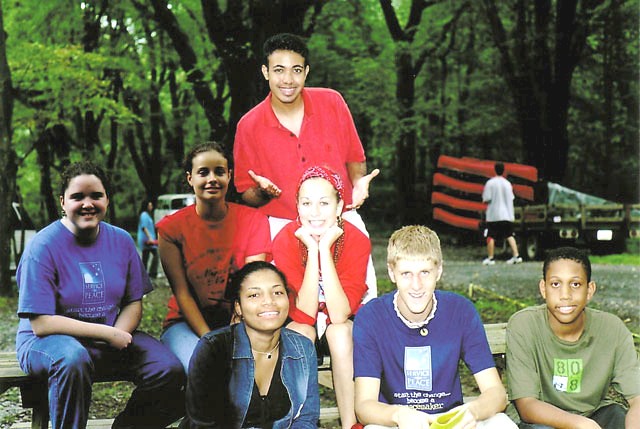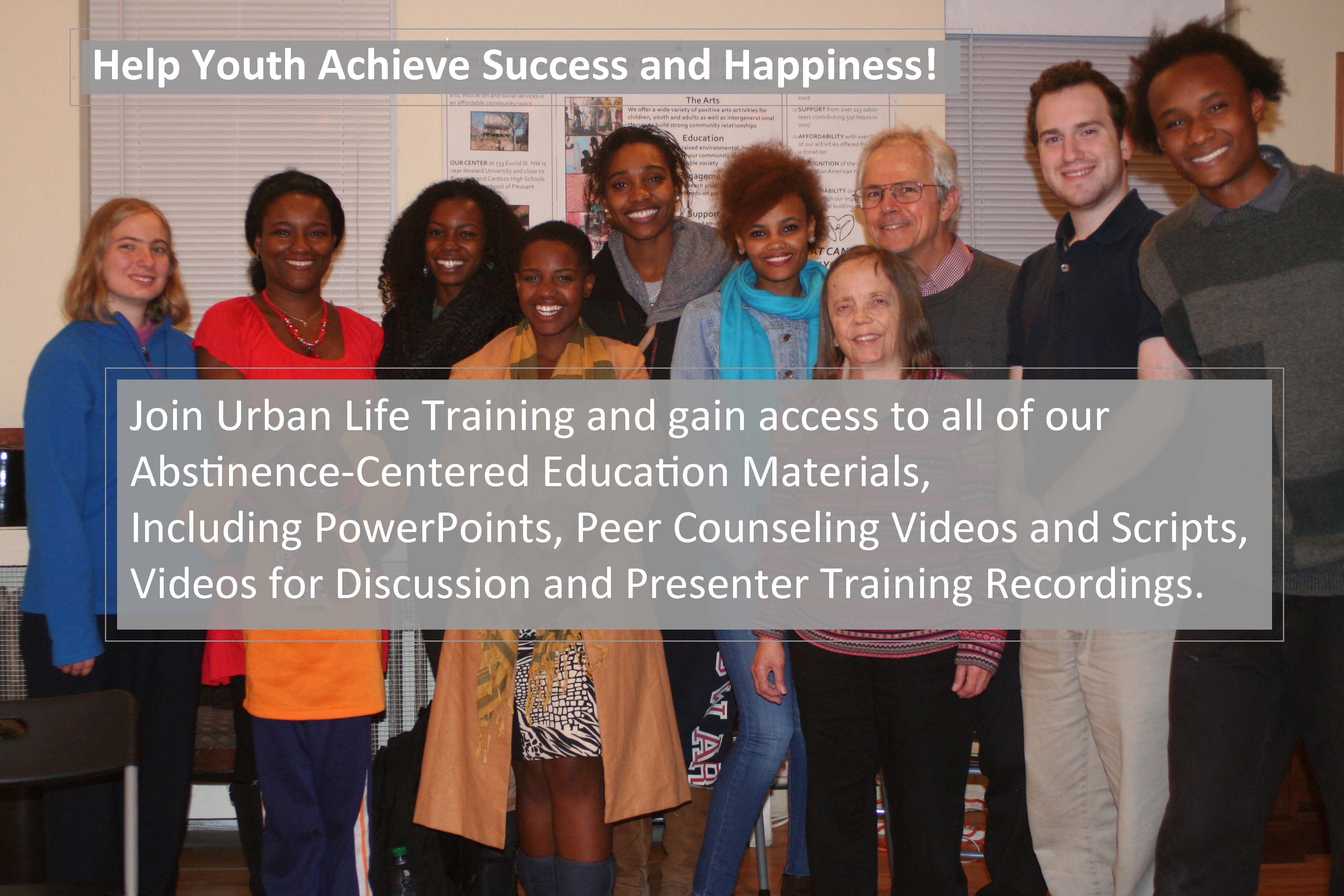 Many people these days think something is wrong with non dating teens. That dating teens learn social skills and grow emotionally. However research from the University of Georgia discovered that not dating is a beneficial way to go for teens, according to an UGA (University of Georgia) Today article by Rebecca Ayer. .
Many people these days think something is wrong with non dating teens. That dating teens learn social skills and grow emotionally. However research from the University of Georgia discovered that not dating is a beneficial way to go for teens, according to an UGA (University of Georgia) Today article by Rebecca Ayer. .
“The majority of teens have had some type of romantic experience by 15 to 17 years of age, or middle adolescence,” said Brooke Douglas, a doctoral student in health promotion at UGA’s College of Public Health and the study’s lead author.
If dating was considered normal and essential for a teen’s individual development and well-being, Ms.Douglas began to wonder what this suggested about adolescents who chose not to date.
“Does this mean that teens that don’t date are maladjusted in some way? That they are social misfits? Few studies had examined the characteristics of youth who do not date during the teenage years, and we decided we wanted to learn more,” she said.
To do this, Douglas and study co-author Pamela Orpinas examined whether 10th grade students who reported no or very infrequent dating over a seven-year period differed on emotional and social skills from their more frequently dating peers.
They analyzed data collected during a 2013 study led by Ms. Orpinas, which followed a cohort of adolescents from Northeast Georgia from sixth through 12th grade. Each spring, students indicated whether they had dated, and reported on a number of social and emotional factors, including positive relationships with friends, at home, and at school, symptoms of depression, and suicidal thoughts. Their teachers completed questionnaires rating each student’s behavior in areas that included social skills, leadership skills and levels of depression.
Students who didn’t date were also less likely to be depressed. Teachers’ scores on the depression scale were significantly lower for the group that reported no dating. Additionally, the proportion of students who self-reported being sad or hopeless was significantly lower within this group as well.
“In summary, we found that non-dating students are doing well and are simply following a different and healthy developmental trajectory than their dating peers,” said Ms.Orpinas, a professor of health promotion and behavior.
“As public health professionals, we can do a better job of affirming that adolescents do have the individual freedom to choose whether they want to date or not, and that either option is acceptable and healthy,” she said.
Read the original article here.







